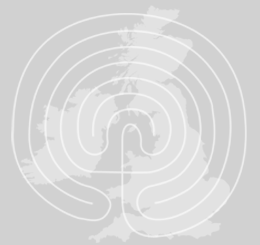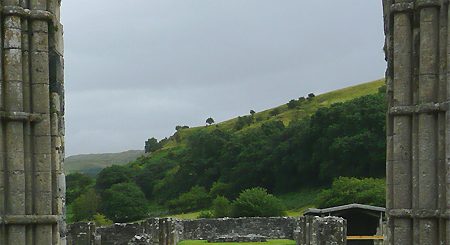Druids at Stonehenge
It is quite evident that the Druids have some link to Stonehenge and they see it as important to their rituals. However, stone circles like stone henge were created thousands of years before the Celtic Druids were on the scene. So if the ancient Druids did not make and use stone circles, why do modern Druids feel they need to? How is modern Druidry differant?
It is quite evident that the Druids have some link to Stonehenge and they see it as important to their rituals. However, stone circles like stone henge were created thousands of years before the Celtic Druids were on the scene. So if the ancient Druids did not make and use stone circles, why do modern Druids feel they need to? How is modern Druidry differant?




Truth is, we know very
Truth is, we know very little about the ancient druids. The only real sources were written by people like Caesar and, although these are primary sources, they’re not exactly objective and un-biased.
The revised, modern Druidism that we’re all familiar with today and its connection with Stonehenge, seems largely down to a Celtic revival from the 18th Century onwards. Writers such as John Aubrey and William Stukeley suggested that the Druids were probably responsible for building Stonehenge and that Stonehenge is a Druid temple.
This misconception gained momentum in the 1780s when Henry Hurle founded the Ancient Order of Druids, which was organised along similar lines to Freemasonry. Other Druid orders and sects were founded, and began holding annual Summer Solstice celebrations at the ‘Druid Temple’ of Stonehenge. The Victorians were very enamoured with all this and, the rituals and ceremonies performed by the orders drew huge crowds, creating the festival atmosphere associated with Stonehenge Solstice celebrations today.
It’s a re-imagined idea of Druidism with an upper-case D, having little in common with the classical, Gallic druids.
There was a TV documentary a fews years ago about druids who go to Stonehenge. One of them, when asked about the sources of their ceremonies said, "Some of it is based on ancient writings that have been preserved, some was invented by the Victorians, and some we made up on the bus on the way here."
Neil Boothman wrote:
The
[quote=Neil Boothman]The revised, modern Druidism that we’re all familiar with today and its connection with Stonehenge, seems largely down to a Celtic revival from the 18th Century onwards. Writers such as John Aubrey and William Stukeley suggested that the Druids were probably responsible for building Stonehenge and that Stonehenge is a Druid temple.[/quote]
John Aubrey (1626 – 1697) wrote his Monumenta Britannica in the 1670’s. Scholars back then could could not scientifically date antiquities. They had to try and fit what they knew from classical sources such as the Greeks and Romans within the time frame set out the Bible, which proved, according to Archbishop James Usher of Armagh, that life began on Earth in 4004BC. Aubrey concluded after studying Avebury and Stonehenge that they were not Roman. They had to be pre-Roman and as they were places of worship, or Temples, they obviously had to be Druidic.
The big problem with Ancient
The big problem with Ancient Druidism is that is one of the very few religions the Romans banished completely (differently from Christianity, suffering from periodical persecusions which were usually limited to particular areas and to the clergy). Given the fact that most (if not all) religious persecutions in Roman history had political reasons this led more than an historian to declare that Druids led resistance against the Romans: this is in contrast with the usual images of Druids detached from earthly affairs.
On the topic of Stonehenge I am pretty sure there aren’t solid proofs it was used by the Welsh (ie British Celts) for religious purposes. Georgian and Victorian Druids enthusiastically took over pretty much all ancient places of worship they could procaliming connections which in most cases simply didn’t hold up under closer scrutiny.
In Distortion We Trust
Like Ian says, the pre-Roman
Like Ian says, the pre-Roman dwellers were called Druids purely because of few brief mentions in the annals of history. Wikipedia has a fairly good article, although it is biased and seems to have been amended by some misinformed people. In other words, the gist of it is right (in relation to the classical history mentions), although best to read the original sources as the word ‘druid’ is mentioned fairly infrequently in the texts, and is more a reference to indiginous populations rather than a specific group of religious believers.
http://209.85.229.132/search?q=cache:rMXaYcVWK_QJ:en.wikipedia.org/wiki/Druid+caesar+druid+anglesey&cd=1&hl=en&ct=clnk&gl=uk
Thanx for the replies 🙂
Thanx for the replies 🙂 Obviously I am not a druid but I would like to see one their ceremonies at Stonehenge one day. I suppose when they formed, access to Stonehenge was freely available, but that is not the case now. How easy is it to get access to Stonehenge? Is it just for religious rites?